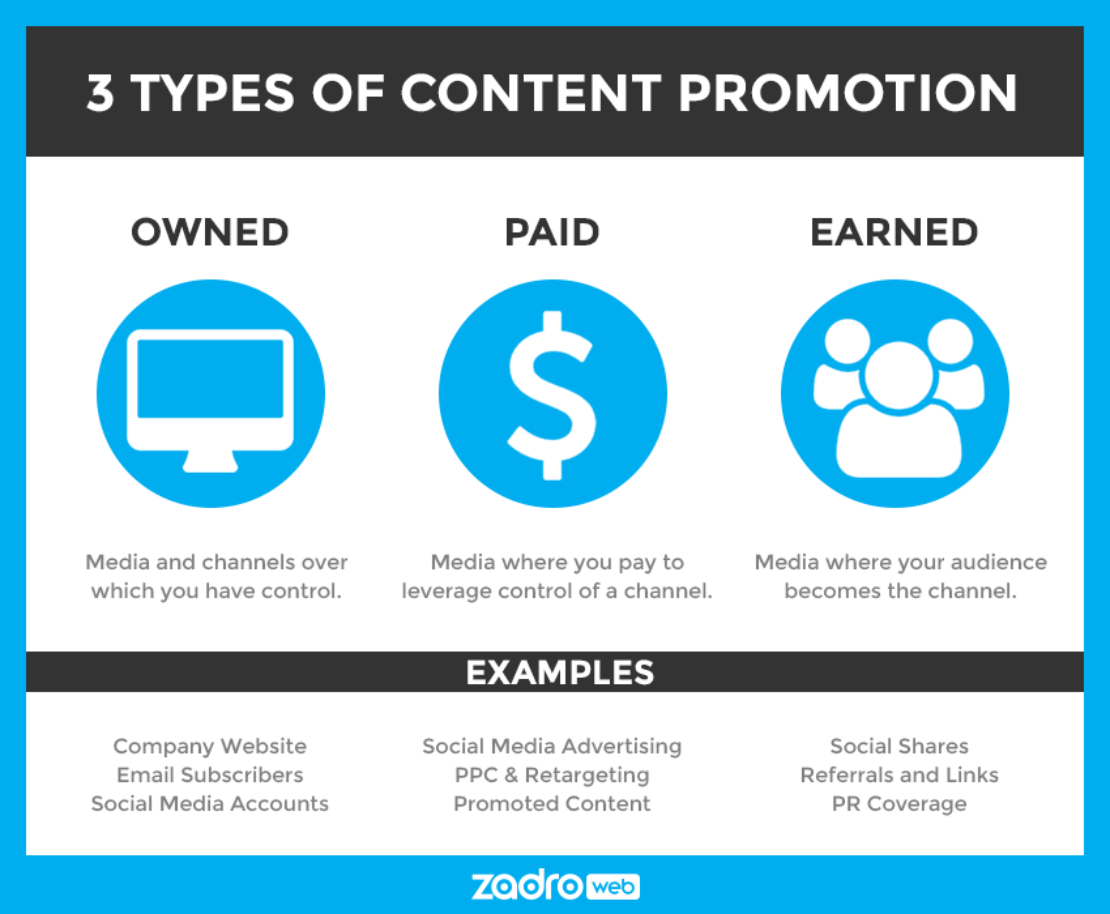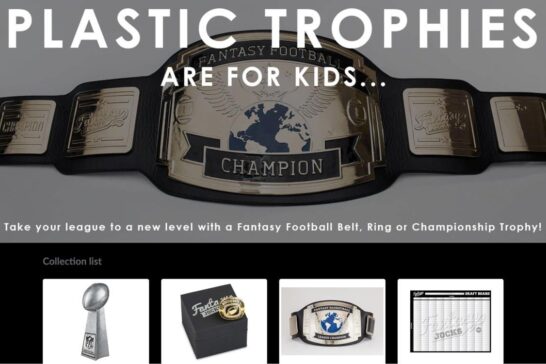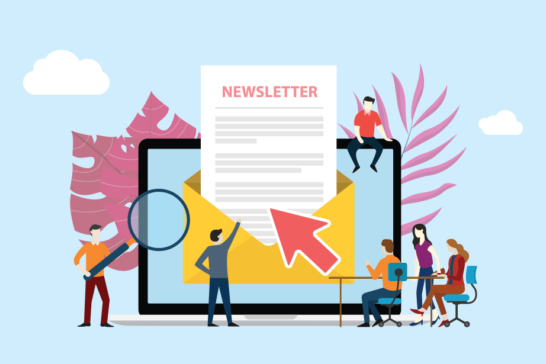We all know the mantra, “Content is King”. It's been drummed into our subconscious.
If we just focus on creating great content, online traffic will stampede to our virtual doors. Right?
While creating engaging and informative content is definitely important, it is only part of the equation.
If you want to reap the maximum benefits from that content, you must know how to promote it.
Too often, content promotion gets overlooked by marketers, but it is as essential as the content creation itself.
Promoting Content Across Owned, Paid, and Earned Media
If promotion is key, what outlets should you use to advertise your content?
You want to get it in front of as many people as possible, but you also want to be sure you are targeting the right audience.
Three basic strategies can be leveraged to promote new content - Owned, Paid, and Earned Media.
Let's get right into it.
#1 - Owned Media is Where It All Starts
Your owned media assets are the easiest to leverage for content promotion and should form the first rank of your content promotion strategy.
Owned assets are essentially the channels over which you have total control. These include:
- Your main website and any micro-sites
- Your Email Subscribers
- Your social media accounts (Facebook, Twitter, LinkedIn, etc.)
When you create a piece of content (whether it's an article, infographic, or white paper), its first obvious destination is your website or blog. But it's important to cross-promote that content through your other owned assets.
What does that mean?
You have built (hopefully) a growing list of email subscribers. Now is the time to put that information to good use. Send out a bulk email with a link showcasing your new content.
Leverage your social media accounts (Facebook, Twitter, etc.) to advertise your content and drive traffic to your website or blog.
If pitched right, your social media posts have the potential to get shared by your followers, thereby extending the promotional reach of your content.
Use Missinglettr to schedule a Twitter campaign and watch your follower base increase.
Here are some other tools to help with your social campaigns that will make your life easier as well.
There are some pitfalls with this option to be aware of.
First, it takes a LONG time to scale owned media. Second, it needs heavy social proof to be trusted content.
However, don't give up contributing to your assets. Make sure each piece of content is stellar, and take the time to research your topic on sites like BuzzSumo, then crush your competitors with insane detail and helpful tips and links.
There are 2 million blog posts published each day! You have to take the time to create engaging content.
Last but not least, make sure you take the time to craft your headlines, find or create great images (using alt tags), add good meta titles and descriptions, and optimize all other on-page factors for the best online visibility.
#2 - Paid Media Kicks Things Up a Few Notches
Paid advertising for content may seem counterintuitive. After all, isn't the content we create supposed to be the hook that drives the traffic?
Nothing markets itself, and content is no different. Paid media is where you pay to leverage control of a channel.
Also, most direct marketing methods, such as print media or direct mail pieces, won't work for content promotion. They are too expensive, and the return on investment is too limited.
So, what can you do?
There are paid promotion strategies that can be very effective when it comes to marketing your content.
- Paid Search - Pay-per-click campaigns using Google AdWords are a surefire way to increase traffic, and there are ways to maximize your budget. Make sure your ad copy matches the content you're promoting.
- Targeted Facebook Ads - Facebook allows you to promote posts in much the same way as PPC. You can also target your promoted posts to reach a desired demographic.
- Promoted Tweets - You can now pay to promote individual Tweets on Twitter. Like Facebook, Twitter makes it easy to target certain demographics (gender, education, location, and others), making it easier to get your content in front of the right people.
- Content Distribution - Sites like Outbrain and Taboola are comparatively inexpensive content promotion networks that allow you to advertise on related blogs and websites. Check out this post on Contently for CPC breakdowns and pros/cons.
- Retargeting - If you're not using this strategy yet, you're really missing out. It's a great way to promote your content to your existing audience through Facebook and Google AdWords or the industry leader, AdRoll.
- Promoted Content - Two great services to promote your content come to mind: StumbleUpon and Reddit. Both are great ways to get more visibility and increase your monthly visitors but don't expect your content to hit viral status with this method.
One drawback to paid media is its poor creditability if not done properly.
Remember, paid content promotion differs from outbound marketing; you will want to craft your ads accordingly. With direct marketing, you need to get to the point fast. While with inbound marketing strategies, you can be softer and have the opportunity to test variations.
Also, you typically are not selling a product as such, so your ad copy should encourage the target audience to engage with your content or comment on it.
Or better yet, your paid media campaigns will hopefully get your audience to share and link to your content.
This brings us to the highly coveted content promotion goal for us all...earned media.
#3 - Earned Media is Gold!
Earned media is the most valuable promotional asset available to everyone in digital marketing or website owners.
However, it's more difficult to secure because you don't have as much control over it.
Earned media assets are basically shares and links from authoritative sources in your industry. Effectively, your audience becomes the channel.
The value of earned media promotion is twofold. You not only get increased exposure, but you also benefit from the media outlet's perceived authority and reputation.
Earned media promotion can take several forms, including:
- Social Sharing - Shares on LinkedIn, Facebook, Twitter, Tumblr, etc. This is the most basic level of earned media promotion, and results can range from nominal to impressive depending on your content and who is sharing it.
- Referrals and Links - Having well-respected bloggers write about your content or reference your content is some of the best advertising you can get. That being said, it rarely happens without a bit of work on your part. You will need to reach out to the influencers in your industry and do a bit (actually, a lot) of self-promotion and outreach. This will take time, but the dividends are tremendous.
- PR Coverage - Whether it's a trade journal or a newspaper, getting picked up by traditional media outlets is a definite plus.
- Aggregator Sites - Sites like Reddit and HackerNews can drive great traffic to your site if your content gets picked up. Even when the traffic flow from these sites is less than staggering, you still benefit from getting your content in front of bloggers and influencers in your niche industry.
The drawback? There are times when you can garner negative references to your content.
But you know what they say, "bad press is good press."
I "earned" a negative reference a while back from Marketing Land, where the author only read my headline and didn't read the article.
Um hello, yes, we'll take this link! It spiked traffic to our site immediately and continues bringing readers to our blog.
Earned media is truly the holy grail for your digital marketing efforts.
In Summary
Promotion is key to getting the most out of your valuable content and a steady traffic flow to your site.
Ideally, you want a promotional plan that includes all three media assets, and content marketing truly is the cornerstone of great SEO.
Your owned and paid assets should be used to spread awareness of your content so that it has perceived value to your potential earned assets.
You can think of earned media as the carrot at the end of the promotional race.
Content promotion isn't easy and takes time, but when executed well, it will bring great results.
That piece of content you worked so hard to perfect will have a longer lifespan and will continue to bring dividends.




